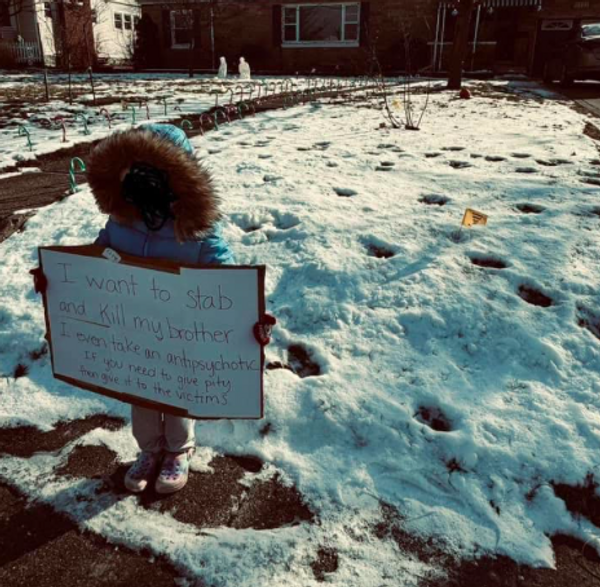
Psychologists have divided grandparents into five different categories, and some might be instantly recognisable, while others have entirely different connotations.
If you're lucky enough to still have a grandparent in your life, or you own parents are in your children's lives, you might've noticed certain quirks about the way they interact with kids. Those who have a good relationship with their grandparents have been found to have fewer emotional or behavioural problems. Others actively involved in grandchildren's lives teach them important life lessons that last a lifetime.
Some step in when parents are unable to take care of their children, taking on the dual role of both parent and grandparent. Furthermore, while plenty of information exists to help parents excel in their role, psychologists are now offering grandparents advice relating to keeping family relationships strong and healthy.
Now their roles have extended to help shape their grandchildren's sense of identity, they're not only play an important role in also alleviating the daily stress of parenting from busy mums and dads - it's a little more than that. Gerontologists who study grandparents, have now identified five key patterns of behaviour these elders might display.
5 different types of grandparents
- The formal grandparent. This type of grandparent follows what they believe to be the correct guidelines for their role. This will usually involve a passing interest in their grandchildren, and occasional offering of their services, but otherwise maintaining some distance.
- The fun seeker. This one speaks for itself. The fun seeking grandparent emphasises how to engage with their grandchildren in a way that provides optimal entertainment.
- The surrogate parent. This role can occur for numerous reasons: A child deemed unsafe might be removed from their parents because of substance abuse or neglect. Teenage pregnancy, parental separation, or poor physical or mental health of existing parents have also been cited as reasons for this to occur.
- The reservoir of family wisdom. This is often the person deemed to be head of the family, who wants to pass valuable advice to the grandchildren. They're often found trying to control the parent generation also.
- The distant figure. This type of grandparent has infrequent contact with their grandchildren, and might only put in an appearance during special occasions.
The study also identified the unfortunate pattern of grandparental contact declining steadily as grandchildren head into early adulthood. Other grandparents might suffer diminished contact with their grandchildren due to divorce or disagreements - such cases were found to increase the likelihood of poor mental and physical health, depression, grief, and a generally poor quality of life.
Despite the positives that are known about the impact of grandparent involvement, psychologists argue there's still a lot to learn about it. As they're seen to be increasingly important, there should be a call to understood more fully exactly how their presence or absence shape the lives of our children.
What we do know about grandparents, is that they're not asked for advice nearly as much as they should be. We also know that more than half of grandparents are now helping out with child care to enable parents to work. If you don't see the grandparents that often, visiting just once a month can actually help them live longer.







